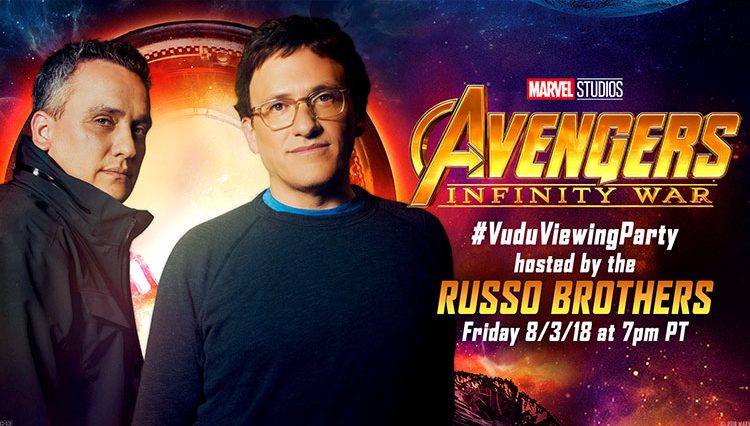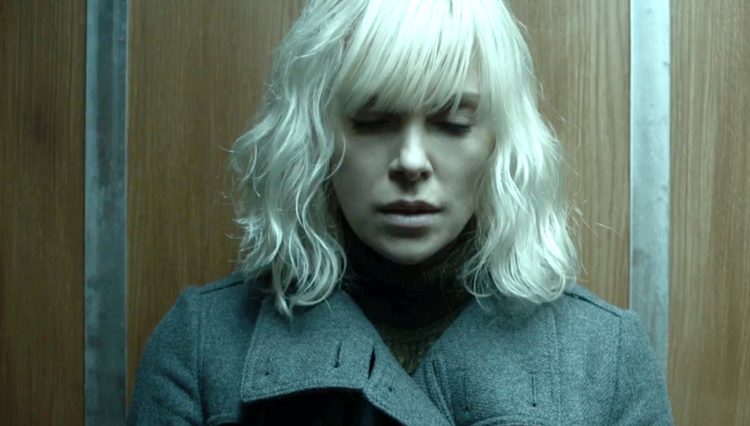
Spoilers! Major Spoilers. You hath been warned!
Last week Mary Morstan died in the twistiest, turniest episode of Sherlock yet. This week, we rejoin Brian’s version of a superhero as he’s left to pick up the pieces of a broken friendship and shattered confidence.
Going into this episode, I was curious to see how the writers dealt with this massive change in circumstances. The idea of a widower and single father is rarely explored on TV, and I was interested in how they would explore it. Essentially, I was expecting the sort of slow, thoughtful episode that usually follows the death of a main character.
Nope. Not in the slightest.
Instead, we were treated to a truly insane entry in the series. The episode keeps moving forward or flashing backward, but it never stagnates. Even when it stops to explain itself, it keeps promising something more so that you’re never really settled.
Let’s start with the things I liked.
The Villain. Culverton Smith, played by Toby Jones, is one of the most unsettling criminals the Sherlock has faced, not least because Mr. Jones has an unusual appearance, to begin with. His story is unique, his bearing is sufficiently menacing, and the end of his story is logical for someone of his mental disposition (hoping that his murders will make him famous.)
The Tone. This episode absolutely felt like it was entirely its own thing. Essentially, it served as a spy-thriller emulator, with bizarre dream sequences and an Aston Martin. Yet, it was also dreadfully funny. The aforementioned Aston was driven by Mrs. Hudson because this show took a hard left turn into wacky land a long time ago.
Another good moment was when Mrs. Hudson told all the “spooks” (MI5 operatives) that:
“If you don’t leave right now, you are admitting that you don’t have a shred of human decency.”
So Mycroft stays.
However, the episode gets intense when it needs to. It keeps you on your toes, even though there aren’t any major fight scenes. You are always worried about what is going to happen because you don’t even know how Smith is committing the murders. You don’t know where the threat is coming from.
Even with the suspense and the humor, the penultimate scene is very touching. John and Sherlock finally talk about Mary’s death and other facts of life. Kudos to Martin Freedman for some very convincing crying.
Amanda Abbington. Amanda, who plays Mary, did a very good job playing a hallucination of a dead woman. It was actually very touching watching her interact with her now widowed husband. She sold the emotional moments and even provided a couple of humorous beats. It makes me wish we had seen more of their relationship while she was, you know, alive.
Use of Source Material. The episode name is a play on an Arthur Conan Doyle short story called The Adventure of the Dying Detective. In it, Sherlock Holmes is dying of a contagious disease and must solve one last case, but he needs John’s help due to his ailing health. Eventually, it is revealed to all be a ruse to get a man (named Culverton Smith) to confess to the murder of his nephew.
Even little details from the story are referenced in the episode. In the story, Holmes claims that the disease is highly infectious so that Watson won’t examine him. In the show, getting Watson to examine Holmes is a minor plot point. Also, the disease causes book Sherlock to mutter nonsense, not unlike TV Sherlock quoting Shakespeare’s Henry V while wielding a pistol. Actually…
Cumberbatch Doing Shakespeare. I wasn’t able to watch him perform Hamlet. Watching him perform the famous “Once more unto the breach, dear friends” monologue while jumping around a flat with a pistol is close enough, I guess.
Focusing on John’s Viewpoint. The books worked the best when the focus was kept on John’s perspective. He represents to the audience: we don’t fully understand how or why Sherlock does the things he does, much like John. As we’ve gotten to know Holmes better, so has John. He’s sort of like R2D2 in Star Wars. He’s the normal one in the crazy world and the one with whom we best identify (as much as we’d like to believe that we’re just like Sherlock.)
For example, who of us hasn’t felt like we should be held to a higher standard? Who of us hasn’t felt like we aren’t what our loved ones think we are? That’s a far more relatable problem than having to almost die and predict the future so that your friend will come out of depression.
Now here a few of the things I didn’t like all that much…
The Twist. The revelation that Sherlock’s sister was also John’s therapist, the woman on the bus, and the woman impersonating Faith Smith was a fine twist on its own. I actually have to give credit to the makeup people for making the actress look sufficiently different each time so that it didn’t register.
But it raises far more questions than it answers. Why did Smith want to hire a woman to impersonate his daughter? Just for the breakfast cereal thing? If so, did he save that piece of paper in a small flat on a corkboard that somebody did cooking next to for years? Or did his daughter actually manage to get the paper away from him, store it in her apartment, but then have it stolen?
While I’m sure that all will be revealed in the next episode, the loose threads are pretty annoying at the moment. I understand why some people, maybe even most, would like this, but I don’t.
Glib Use of Drugs The drug use is played for comic relief in the episode. He’s using heroin. That’s not funny. I don’t want to get preachy because I don’t think that anybody is going to watch this episode and think, “Hey, I guess drugs are cool!” It’s still a little concerning.
PS, kids, drugs aren’t cool.
And now, some nitpicks…
They could have used a better song while Mrs. Hudson is driving. “Ode to Joy” is a little overplayed. Maybe something from “Aida?” Opera nerds, here’s your chance to shine. Send a suggestion to my twitter @jasperhutson.
Culverton Smith says that HH Holmes was an idiot for building a hotel to kill people. Too much effort, he says. He says that you don’t build a beach to hide a pebble, you just have to find a beach. Except, he also says he build a whole wing of the hospital so he could sneak in and murder people. I think that’s at least as much work as building a hotel, maybe more. Hospitals are complicated, and so are secret passages.
As you can see, my problems and nitpicks portions are far smaller than my positives list. Does that mean I liked it? Yes. I’d actually say it might be the best episode since Series 2. It’s definitely the slickest and most bizarre episode so far. It’s also the most heartfelt. I would say that, if anybody was unsure of the previous direction of the series, they’d be far more comfortable now.





